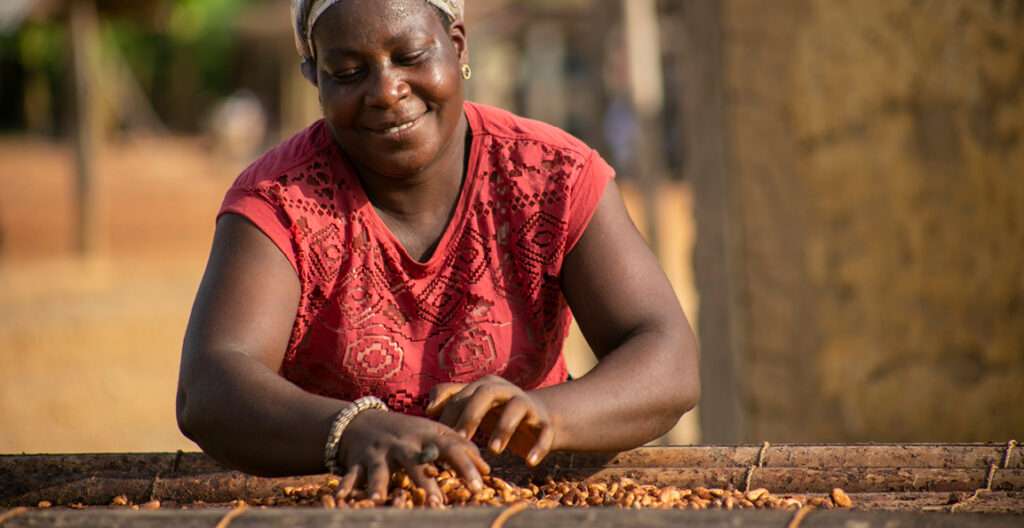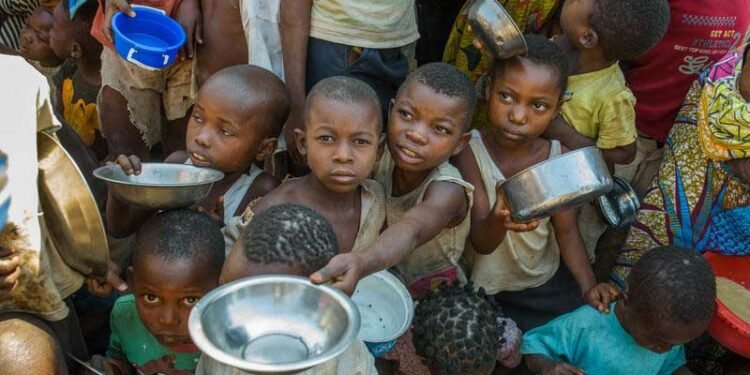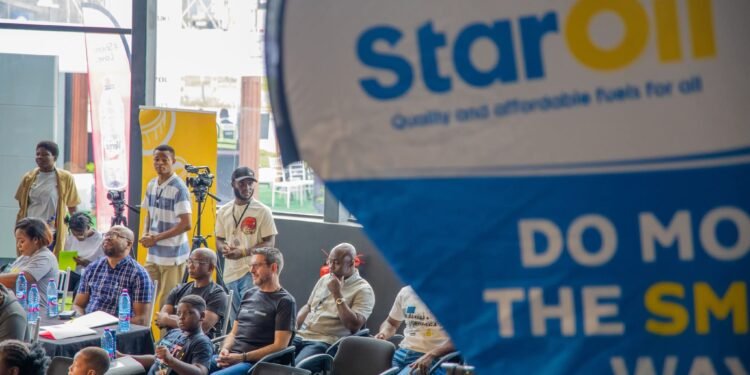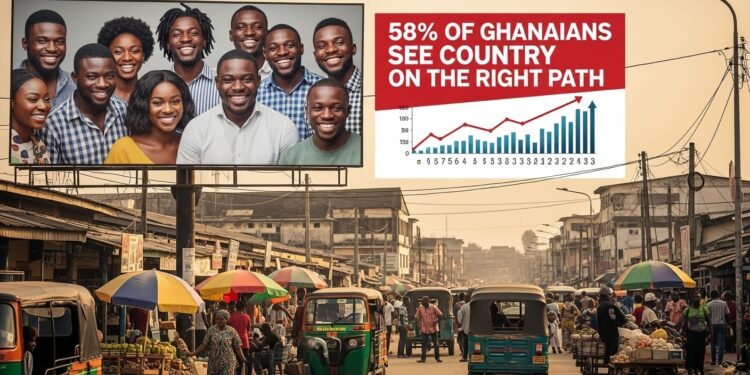The Fairtrade Foundation is making headlines that will seek to drive significant changes in the cocoa industry by training farmer groups on best farming practices through its latest report.
The Foundation’s latest report seeks to help deliver best agricultural practices for cooperative groups by identifying practical packages of support that targets raising living standards for those at the sharp end of the cocoa industry.
The pattern of farmers being caught in a spiral of poverty is sadly all too familiar, and pandemic events have placed further pressure on the communities that stand to make or break the cocoa sector.
While it’s fair to say that progress seems to be made, the sheer scale of the problem is immense; with a backdrop of more than 1.5 million children exposed to the worst forms of child labour, it’s an incredibly sobering thought.

Cooperatives can be agents of change
To its credit, Fairtrade has examined how successful co-operatives can make a difference to their communities in Ghana, which benefits from being able to command a slightly more premium price for its cocoa than the neighboring Ivory Coast (which between them account for nearly two-thirds of all bean supplies).
Among the core recommendations within its report are exploring how farmer groups can become better organized in seeking the support that is still needed, as well as enabling the broader development of co-operatives, which are not typically the norm within the region because the industry still has a significant degree of smallholder farmers working relatively modest plots of land.
It is only through combined action from the likes of Fairtrade, working alongside industry and governments, that real change can happen within cocoa-producing regions. “One thing everybody can do more around the world is to be willing to pay more for our chocolate purchases,” Fairtrade revealed.
It’s only by this pattern playing out worldwide that cocoa farming groups can genuinely benefit in the long term. However, immediate practical schemes for improved farming techniques and infrastructure for farming communities will also prove vital amid ongoing challenges, the report disclosed.
Gender equality is not just ethical
The Fairtrade Foundation, over the years, has also spearheaded gender equality campaigns to empower women in their field operations. The Fairtrade Foundation’s other agenda is to address the challenges female workers face in supply chains and support gender equality, thereby promoting greater diversity and supporting safer and more inclusive supply chains,” the report stated.
When it comes to building a greener, fairer, and more sustainable future, women are the key drivers of change, the report revealed. Gender equality is seen in the Fairtrade community, where more than half of the 73,000 workers on Fairtrade certified flower farms are women, Fairtrade noted.
Ensuring female empowerment and gender equality is not just the ethical thing to do – it’s an innovative business, Fairtrade reveals.
READ ALSO: E-Levy: First Time CPP Encounters A Tax System That Goes After Savings























